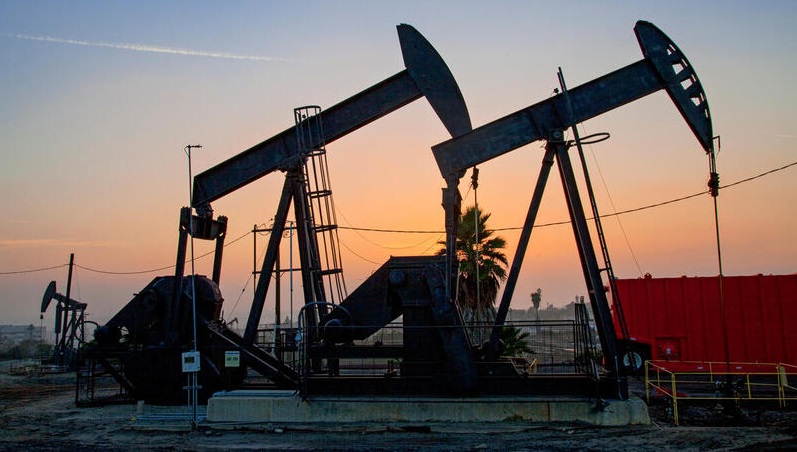At Cop28, developed nations will face calls to quit fossil fuels faster than developing countries, who did less to cause the climate crisis
Six weeks ahead of the Cop28 climate talks, negotiators from Africa and India have set out separate plans to push developed countries to do more to move away from fossil fuels.
The African Group of negotiators want rich countries to stop greenlighting new fossil fuel production projects by 2030 while India is calling on them to go beyond net zero and start sucking carbon out of the atmosphere by 2050.
The proposals play on a key principle of United Nations climate talks, “common but differentiated responsibilities”, where the wealthy countries who are most responsible for causing climate change take a lead in tackling it.
But rich nations like the European Union are focused on promoting global goals, like a tripling of renewable energy capacity by 2030 and a global phase out of fossil fuels “well ahead of 2050”.
Fossil fuel production
While many developed countries have restricted support for fossil fuel production projects abroad, major nations like the US, UK, Australia and Norway have continued to approve oil and gas pumping at home and have not set end dates for fossil fuel production.
To challenge this, the African Group of Negotiators has called for “differentiated pathways for countries in the pursuit of net zero and fossil fuel phasedown”.
In a submission to the UN global stocktake, the African Group said that these pathways should include “where no further exploration of fossil fuels in developed countries is targeted well ahead of 2030, whilst affording developing countries the opportunity to close the global supply gap in the short term”.
The submission was included in the United Nations’ 65-page list of “elements” which government negotiators will debate ahead of and at Cop28. While Cop decisions are not binding, agreement would heap moral pressure on rich countries to stop producing fossil fuels.
No supply gap
Despite the African Group’s claims of a fossil fuel supply gap, a 2021 UN report found that the world’s governments plan to produce more than twice as much fossil fuels in 2030 than would be compatible with limiting global warming to 1.5C.
Most of this production growth comes from developing – but not African – nations like Saudi Arabia, Russia and India. The US, Canada and Australia also plan to produce more oil and gas.
While production is set to fall in the UK and Norway, the Unep report says this is more because they are running out of oil and gas than because of intentionally aligning production with a decarbonised future.
A small group of nations led by Denmark and Costa Rica have formed the Beyond Oil and Gas Alliance, promising to stop producing those two two fossil fuels.
Thuli Makama, an African climate campaigner from Oil Change International, told Climate Home that "no new fossil fuel extraction projects should be approved in Africa or anywhere".
She said that fossil fuels do not bring development and that African fossil fuels will block development of the continent's renewable energy and green economy sectors while mainly benefitting companies from wealthy countries.
The African Group has also called for rich nations to agree to give more money to developing countries to help them tackle and adapt to climate change and address the loss and damage it causes.
The group told the UN it wanted Cop28 to agree that rich nations would provide by 2030 $200-400 billion a year for loss an
Read More

